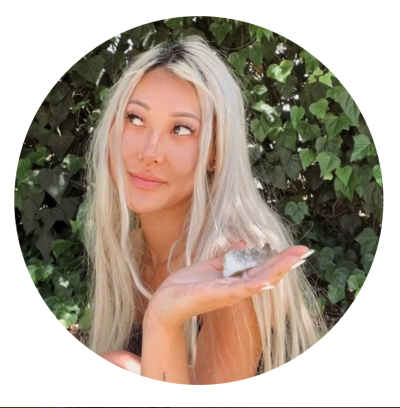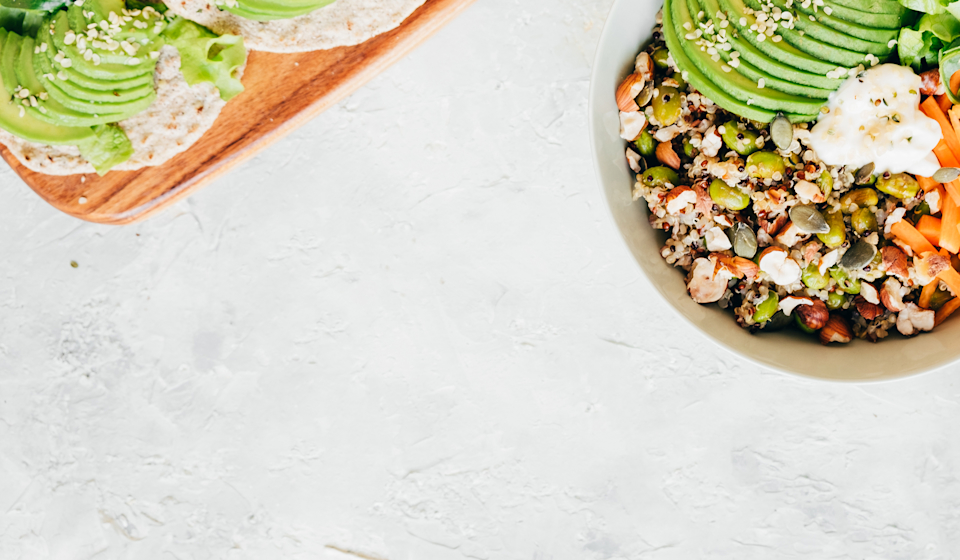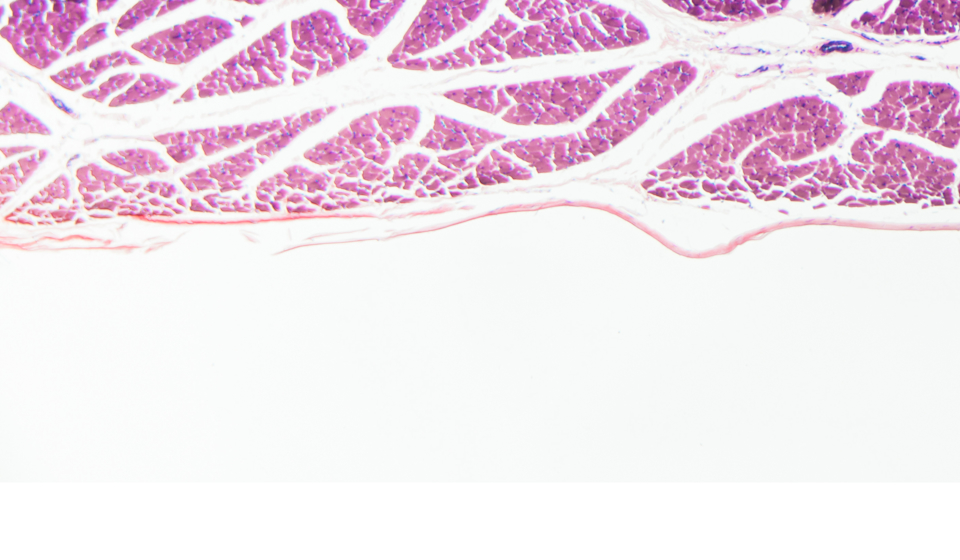Essential Takeaways
• The protein supplement market is saturated, so it’s important to do your research.
• We recommend looking at four key factors when it comes to finding the best protein powder.
Shopping for a high-quality protein powder supplement can be trickier than it seems. With so many options out there to sift through, each featuring different ingredients and purported benefits, how are you supposed to separate the wheat from the chaff? As skeptics, we had the same question, so we did what we do best: turned to the research. Here are four questions to consider when choosing a protein supplement.
Is it life-stage specific?
Wellness is personal. It goes without saying, but your body changes over time. (Iron requirements often decrease after menopause, for example.) What meets your protein needs at age 20 might not work for you at age 60—and that should be taken into account, especially when it comes to supplementation. While the notion may seem like common sense, it’s not widely embraced: None of the five best-selling proteins offer life stage-specific options.† Essential Protein, on the other hand, is formulated to support nutrient needs of three key adult life stages—18+, 50+, and pregnancy/postpartum. Whether you're seeking a post-workout shake to build muscle (more on muscle protein synthesis here), or simply an everyday ritual to help fill nutrient gaps and maintain a healthy body weight, choosing the right protein source—for you—makes all the difference.*
†Based on the top 5 US protein powder brands by 2019 retail sales












